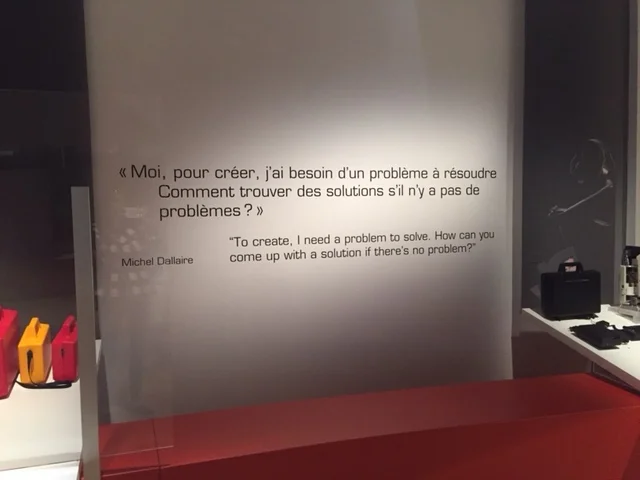August 2023: We are still thinking about thinking over here in the Sheldon Memory Lab. Lots of new ideas have been emerging about how memory shifts with age, is affected in anxiety and impacts what we choose to do in our days! Are you on tenterhooks? That anticipation might affect how you encode upcoming information … Stay tuned!
Feb 2020: Wow, it has been a while since we posted some of our thoughts here, but never fear, we have been thinking! Many of us in the lab are interested in the fact that we can remember the same even differently. We can remember the gist of a past memory or focus on specific details from that same event. We wonder if these different ways of retrieval applies to how memories can be re-scripted or processed in different ways as a means of helping change cognition. This is a question we are actively pursuing in the lab
December 2018: Some of us in the lab have been exploring the positivity effect in aging. One theory (socioemotional selectivity theory) that is used to explain this effect suggests that when time seems limited, processing positive information is prioritized. As we inch towards the end of the year, we wondered if there is a positivity effect when learning information at different times of the year? Specifically, do you remember positive information better when learned in the month of December, when there may be a ‘reduced time horizon’ as the year is coming to a close, compared to learning information in January when the a new year stretches out in front of a person? Can this explain holiday happiness?
September 2018; We have moved from Summer to Autumn - things are changing. The temperature is dropping and leaves are turning brown. This has gotten us thinking about what happens to our brains and memories as we move along in life. In normal healthy aging, we known that episodic memory declines and this affects how well autobiographical events can be recalled. But what happens in unhealthy aging conditions like Alzheimer’s Disease and Semantic Dementia? This is a topic of new interest to us. We think that understanding how these different forms of aging affect one of the most complex memory tasks - autobiographical remembering - can lead to a better way to predict or treat pathological aging.
June 2018: Here is a nice quote from a Quebec designer (appearing at a museum in Quebec City) that really taps into a critical aspect of problem solving - defining a problem. We are wondering what are the underlying neural mechanisms of effectively defining a problem are and whether these mechanisms are qualitatively different from those needed to simulate a problem solution. We have found evidence that autobiographical memory and problem solution simulation require similar resources, but what about problem versus memory definition? Is this the probem we need to solve?
January, 2018: Ah, a new year! With a new year, comes new ideas! We are excited to begin some new studies with new technology! Specifically, we are hoping to get a project that will make use of our virtual reality system to explore how autobiographical-like memories are encoded. With this tool, we will also test what specific aspects of these encoded memories are subject to changes made to retrieval environment. At a more basic level, we are wondering what, and if there are, neural mechanisms that can distinguish between real and virtual memories? Hmmm ... the future is now!
December 2017: Tis the season for giving, yes? This has gotten us thinking about the link between episodic memory and empathy ability! One hypothesis we are testing in our laboratory is whether the episodic memory processes that are used to form detailed representations of the past are also needed to form representations of someone else's experience. If so, does the ability to form another person's experience lead to more empathy for that person? We are currently working on a manuscript to show that this may be the case, but it depends on emotion! Stay tuned!
November 2017: Now that the seasons are changing, our lab have been wondering how we estimate time? While some research has looked at how time is estimated on shorter scales, we want to know what factors can influence how fast we experience time moving. Some of our hypotheses we are working will are about the details that are contained in our experiences - our ability to recall details from the past will influence how fast we think that event occurred.
Sept 2017: With the start of a new term, our lab is starting some exciting new projects! Some of these projects are investigating the mechanisms that differentiate healthy from unhealthy cognitive aging. Specifically, we are designing experiments to test if there are certain forms of memory retrieval that can be used to detect older adults that are risk for developing dementia.
July 2017: Many of us in the lab have been interested in the role of emotion on memory. Emotion is not one 'thing' - we can think of it as both valence (positive and negative) and arousal. How do these two aspects of emotion affect our ability to recall details from the past?



